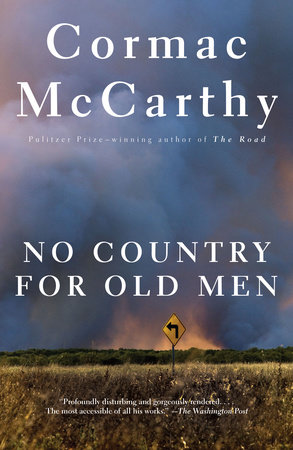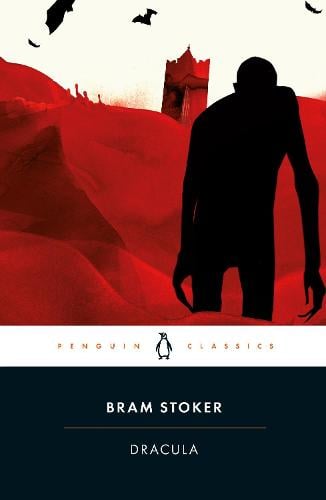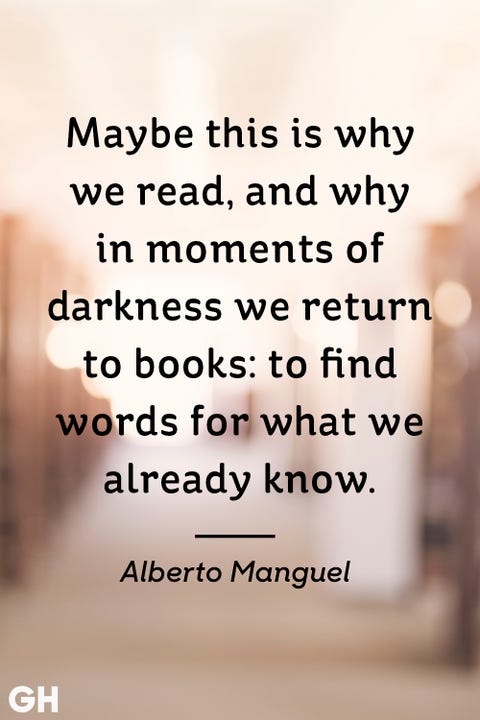Disclaimer: If you make any purchases through links in this blog, I may earn a commission from the seller, but that does not impact upon the cost to you as the consumer, nor does it influence the content of this blog.
I did tell you in my last post that I would be discussing this book, and, true to my word here we are!
The central theme of this novel is taking chances, and accepting what it is that life throws your way. The character of Allan Karlsson is a carefree one-hundred year old man, tolerant of a great deal that life has dealt him, but who will also remove himself from undesirable situations if he can. He manoeuvres these undesirable situations with little fuss and fanfare, just taking himself off onto the next chapter of his life. But, he will also tolerate a great deal if he has to; he takes imprisonment, a stay in an asylum, and interrogation in his stride, during the course of his eventful life. His habit of taking himself off when the need arises, or when he just fancies a drink or two, plus his tolerance and acceptance for all sorts of people and experiences, has meant that Allan has found himself in all sorts of company with many stories to tell.
Over the course of Allan's one hundred year long life, he has spent time in the company of communists, capitalists, democrats, revolutionaries, priests, leaders, and other colourful characters. The story of Allan climbing out of the window and disappearing is juxtaposed with the story of his life. That story demonstrates his character, his experiences, drawing upon figures and events from the last century (1905 - 2005). In putting Allan in positions where he spends time with politicians, the religious, and events from the past, the author is also able to shine a light on the comedic absurdities of politics and organised religion. Something clearly of importance to Mr. Jonasson who, unlike his centenarian creation, cares about political and social issues.
I have always loved stories about road trips and adventures, and this is one of those books. Though Allan isn't really an adventurer. When he climbs out of the window of the old people's home where he lives he doesn't do it in search of adventure. He does it because he has had enough of being there, and because he imagines there are probably better things to do elsewhere. If nothing else, somewhere he can get a drink. Allan Karlsson had never been given to pondering things too long. He kind of just goes for it.
As already mentioned, the story is more than just the tale of Allan's taking off out the window, and eventually on a road trip across Sweden with colourful characters, and a suitcase full of money (plus a couple of dead bodies left behind for good measure!). No, though that story sounds interesting and entertaining enough on its own, the author tells the story of Allan's life too, switching between past and present, a device that I enjoyed. It added more depth to the story. It, as I say, allowed the author to explore political and social issues over the last century, pointing out the absurdities, but it also demonstrates Allan's character, making him more real. And, it is a pleasure to travel with him too!
The modern historical events used as a backdrop to the plot of the novel drew me in to the story. Allan's life is kind of fantastic, and he is kind of a fantastic character, the very real events in which he finds himself, and the opportunity to see them through his eyes, warmed me to the character. Allan himself has very little interest in political discussion, but he finds himself in a world full of it. And, I came away feeling that sometimes it really takes a character who has no interest in politics, somebody who stands outside of those concerns with political and social issues, to see the oddities of politics. I mean, if you've ever taken the plunge into the comments of a political discussion on Twitter, you'll know some people can get a little lost in political ideology, almost to the point of getting a little disengaged from reality!
Allan really is rather a simple character though. If he had had enough food to eat, a decent supply of vodka to drink, and an adequate form of shelter where he could sleep, you get the impression he might have happily spent his life in that one place. In fact, there are points in the telling of his life where he does exactly that, spending years in one place, content to pass the time. His excursions and adventures are often prompted by those events that surround his life. This is another theme of the novel - the way in which the times we live in shape who we are. Allan's story really is the story of the events and experiences he has had. He concerns himself little with the details of the events that impact his life, though they shape the way in which he navigates his life, and the world in which he lives. And, those people he meets on his journeys, those who are impacted by the events related, are shaped by time and place in which they live, their beliefs and personalities directly influenced by them.
Allan's approach to life is almost fatalistic. Things are what they are, and whatever will be, will be. He plays the hand he is dealt, uncomplaining the vast majority of the time. So, of course, he climbs out of a window, of course he takes a suitcase full of money from a criminal gang, of course he ends up on a road trip across Sweden with a group of various characters, and of course he has many stories to tell. We might benefit from adopting a little of Allan's approach to life.
I will leave the last words of this piece to the author himself, quoted from an interview related in the final pages of my copy of the novel:
To go to the village sauna each Saturday afternoon, to sit there among grumpy old men, just to be updated about what's happening in the neighbourhood. But I think a lot of people really should consider the possibility of climbing out of their window. My perspective is that we only live once, I cannot be sure but that is what I believe. I think that if you've once asked yourself: 'Should I . . .' then the answer should be: 'Yes!' Otherwise, how would you ever get to know that you shouldn't?
- Jonas Jonasson
If you're intrigued, you can purchase The Hundred Year Old Man Who Climbed Out Of the Window and Disappeared by Jonas Jonasson, the global bestseller, here, from bookshop.org. Bookshop.org supports independent bookshops in the UK, and offsets carbon emissions from every delivery.
If you enjoyed this piece, or found it useful, please do consider following/supporting me over on ko-fi. Ko-fi is a platform specifically for creatives, and a great way to keep up to date with what they are up to. If you can donate, it makes a world of difference. And, all support is gratefully received, and very much appreciated.
Thank you, take care, be safe, read lots, and see you soon.











